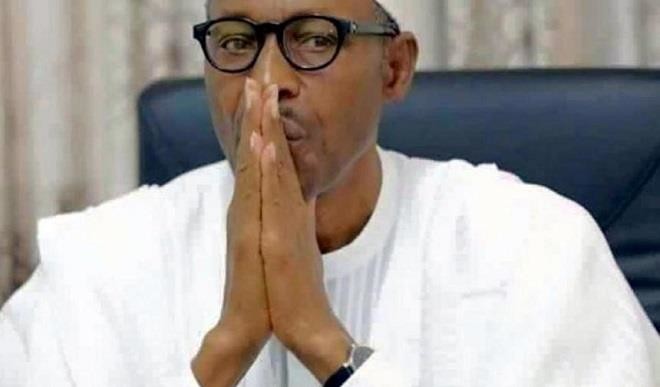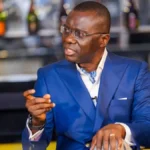Down memory lane, in 2013 and in preparation to the 2015 general elections, Nigerian leaders and the masses who seemed to be tired with the way the then ruling Peoples Democratic Party (PDP) were managing the affairs of the country with bedevilling insecurity, corruption, and impunity looked for a viable alternative to purposely get the country out of the woods and mismanagement.
Looking outward, the idea of floating a new, strong, and vibrant political party that will match the mighty PDP was therefore conceived and in February 2013, the new platform came into being as the result of the merger of Nigeria’s three biggest opposition parties-the Action Congress of Nigeria (ACN), the Congress for Progressive Change (CPC), the All Nigeria Peoples Party (ANPP), a faction of the All Progressives Grand Alliance (APGA) and the new PDP-a faction of the ruling People’s Democratic Party.
It was expected that some people who thought that the wavering impunity under the PDP will last forever, became jittery while some among them were traversing the corridors of the country telling their listeners that, the party will rule for the next 60 year.
Indeed, the efforts to frustrate the movement began.
Even after the successful merger, some disgruntled elements that saw the party’s emergence as a threat, tried to frustrate and scuttle the registration of the APC as a political party and at a certain time, some people approached the Independent National Electoral Commission (INEC) seeking to register a party with the same acronym, APC.
But as God will have it, APC came to life with the approval from the nation’s INEC on 31st July, 2013 to become a political party and subsequently withdrew the operating licenses of the three parties that merged. From that moment, the APC grew and President Muhammadu Buhari became the party’s presidential flag bearer for the 2015 presidential election.
In fact, with him as candidate, and his wide political support and uncommon acceptability across the nation, many believed that the country will be better under the leadership of the APC and Buhari as the president of the country will restore its lost glory.
But unfortunately after the election that gave the party victory in virtually all parts of the country, the internal wrangling and the enemies of the party within, are doing all things possible to destroy the party, the goodwill of Mr President and return the nation to its gloomy days of the past.
Bauchi State is one of the few states that has been regarded as the stronghold of the APC, where in the 2015 general election, out of the 1,039,775 registered voters in the state, President Buhari polled 931,598 beating the incumbent, President Jonathan, who scored only 86,085 votes.
In the governorship election, Barrister Muhammed Abdullahi Abubakar defeated the PDP’s Muhammed Jatau, by scoring 654,934 against Jatau’s 282,650, in spite the fact that the state was under the control of the PDP government.
I do not think anything could have shown the acceptability of the APC in Bauchi, than the 2015 election results.
Unfortunately, as soon as he took over the mantle of leadership in the state, Governor Abubakar came under serious attacks. Governor Abubakar’s point was that party supremacy must be respected. Another crime of Governor Abubakar was that he changed the status quo where a few persons decide the fate of the state on who gets what and when.
It’s pertinent to note that some people in the APC who were either cowards or traitors connived with the PDP against their own party in the 2019 general election and handed over the state to the PDP.
It’s annoying that beyond what transpired in the 2019 election, the enemies of the APC still connived with the PDP to install a speaker in the state House of Assembly.
In all these struggles, Governor Abubakar has stood firmly with the party.
The pertinent question is that where are stakeholders of the party now that it is facing enormous challenges in the state? I urge PMB and the national leadership of the APC to know who the genuine party loyalists in Bauchi State are and to work with them in marinating the dominance and relevance of the party in the state.

 Join Daily Trust WhatsApp Community For Quick Access To News and Happenings Around You.
Join Daily Trust WhatsApp Community For Quick Access To News and Happenings Around You.


